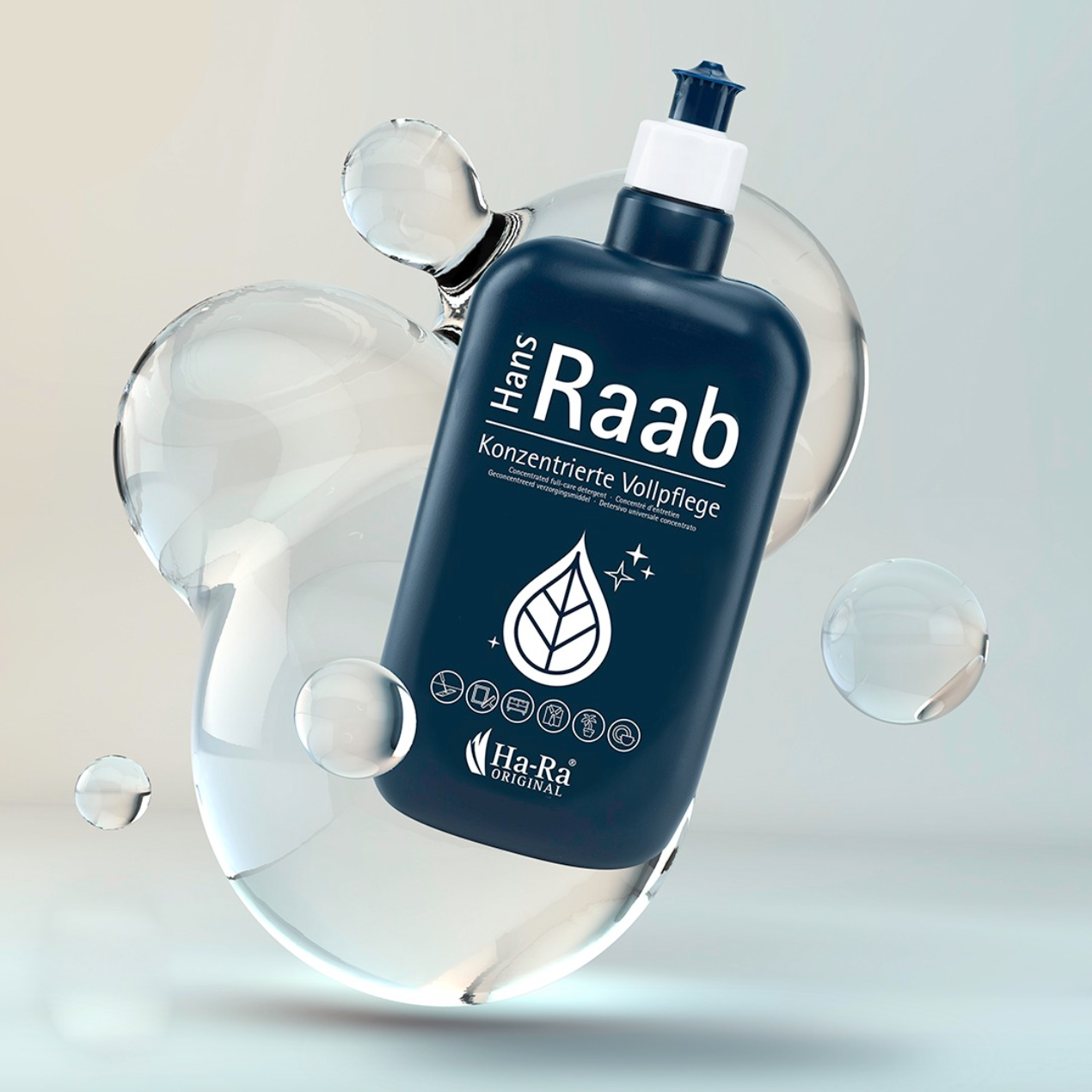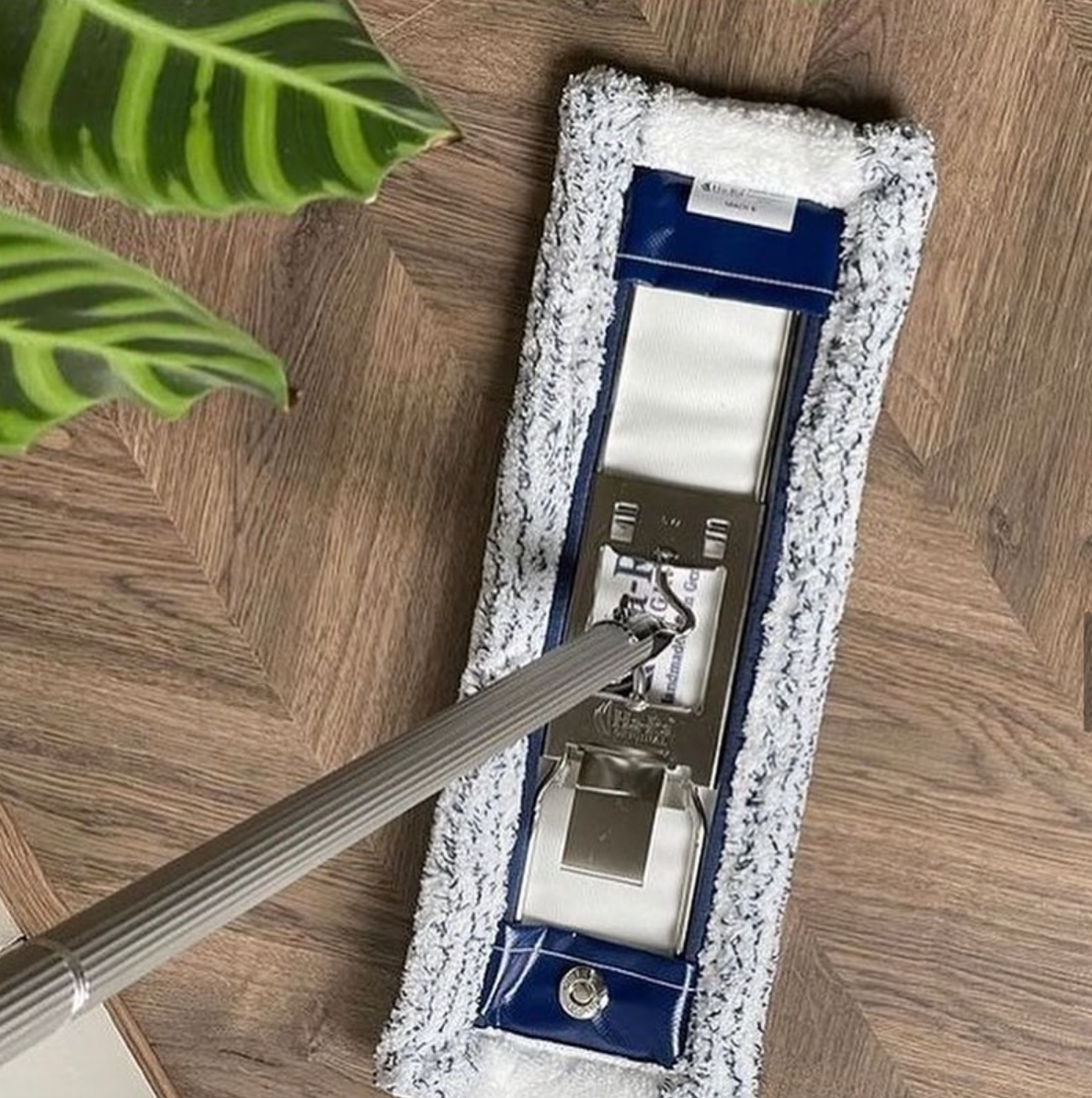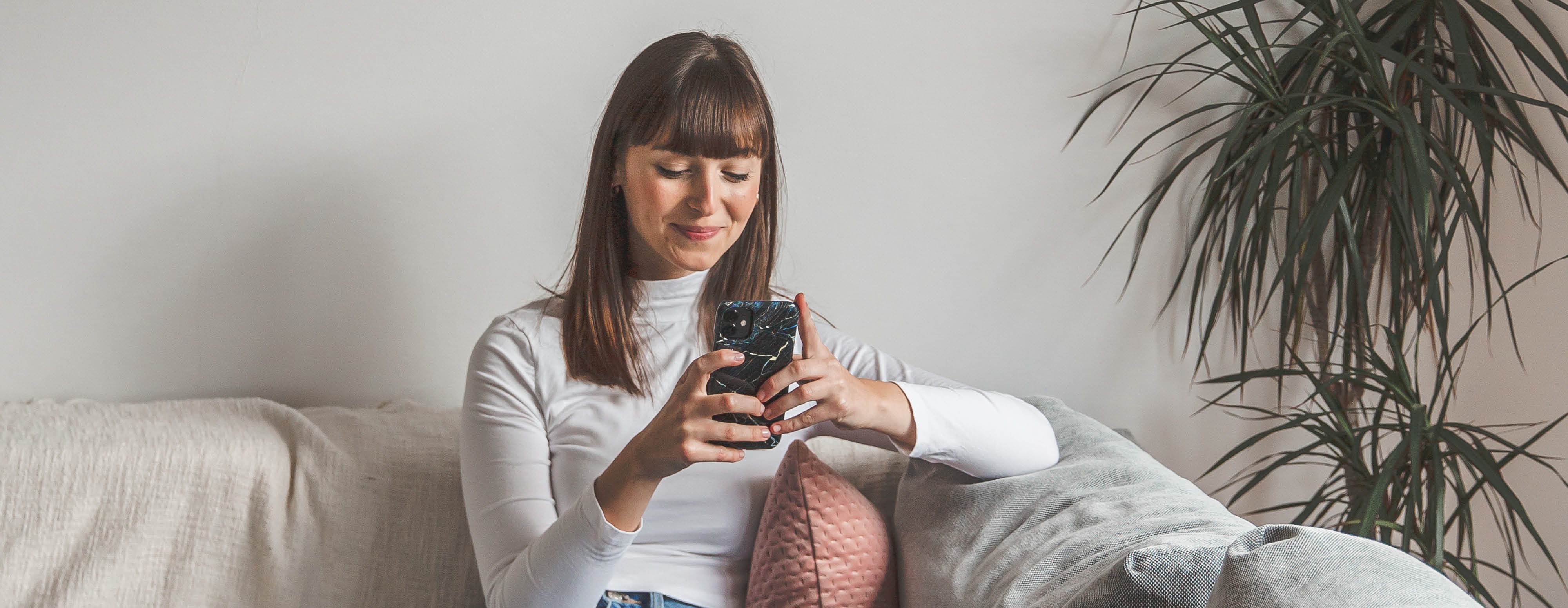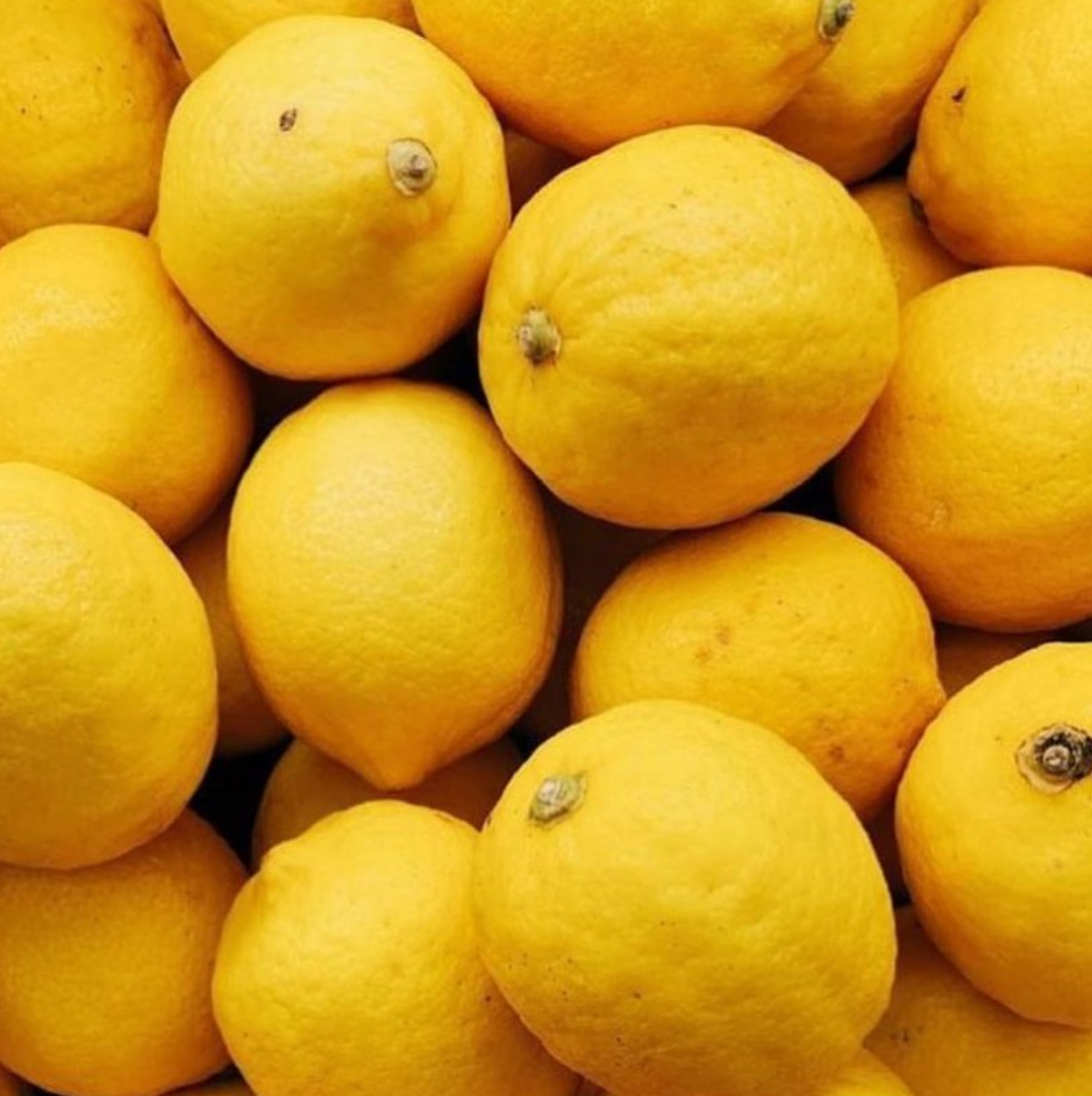First of all, a general note on the use of citric acid. For almost all applications, always use cold or lukewarm water, otherwise poorly soluble calcium citrate is formed, which can damage household appliances or clog pipes. Since it is an acid, the application instructions on the back should always be observed. Even if it is "just" food, it can irritate the skin and eyes.
Most of them are familiar with the usual applications such as cleaning tiles, toilets, fittings or washing machines and dishwashers. In the following I would like to give you a few tips that most of you probably don’t know yet.
Deodorant stains
Who doesn't know the unsightly deodorant marks under the armpits that occur when sweat and sebum react with aluminum salts. As a preventive measure, it is advisable to switch to a deodorant without aluminum salts. Once the stain is there, the laundry can be pre-treated with citric acid. It's very simple: Dissolve 1 tablespoon of citric acid in a bowl of water and let the laundry soak in it for a few hours. Then rinse with clear water and put in the washing machine.
Rust film
Rust film on cutlery or stainless steel pots is really annoying, but can be easily and gently rubbed off with citric acid diluted in water. In the case of stronger rust stains, it is best to soak for a few hours. In the case of food-grade citric acid, you can reuse your cutlery and pots straight away.
Stainless steel
Stainless steel looks really great when it's clean. If only it weren't for the eternal water and grease stains. But they don't stand a chance against citric acid either. Simply dilute with water, wipe off and polish with a dry cloth. The surfaces shine like new again.
Toilets
You can easily make your own toilet cleaner gel with citric acid. Boil 100 ml of water, after cooling, dissolve 2 tablespoons of citric acid in it and add 10 ml of washing-up liquid. Then boil 2 tablespoons of cornstarch in 500 ml of water while stirring constantly and mix both mixtures together. You already have a cleansing gel that adheres well. Another option is toilet cleaner tabs. Mix 130 g baking soda with 2-3 tablespoons of citric acid and 1 tablespoon of washing-up liquid. Then press the mass into cubes and leave to dry for a few hours.
Bath bombs
For a nourishing, fragrant bathing pleasure, simply mix 200 g baking soda, 100 g citric acid and 50 g cornstarch in one bowl and 100 g coconut fat and essential oils in another bowl. Then slowly mix both mixtures and knead into a shape of your choice. The citric acid ensures that the bath bomb dissolves in the water with bubbling.
Jam
The sweetness of homemade jam can be easily neutralized with citric acid. The jam is provided with a little citric acid and vanilla sugar and a wonderfully harmonious taste is created.







